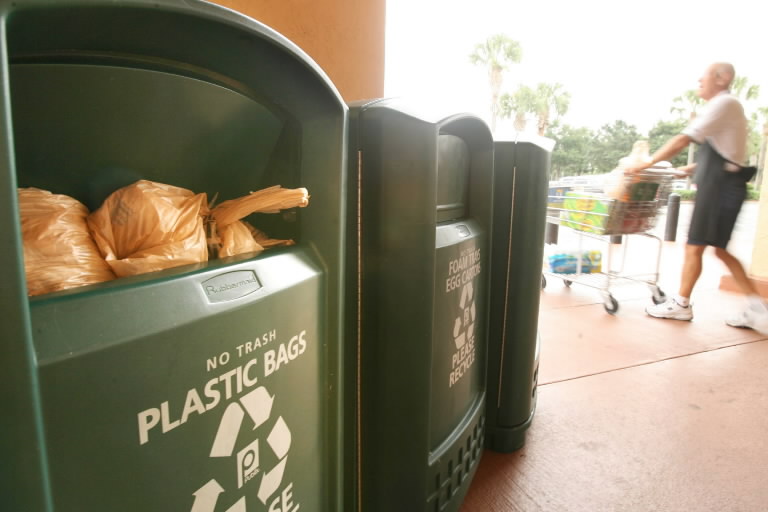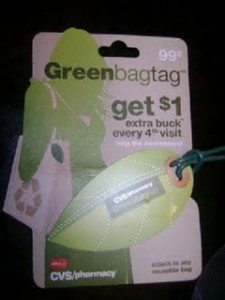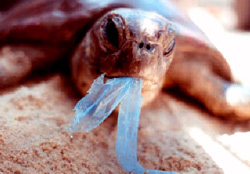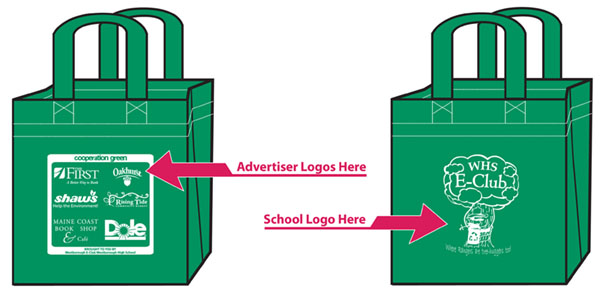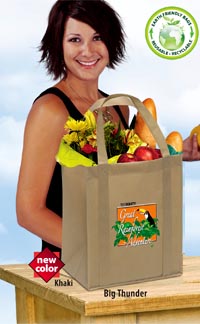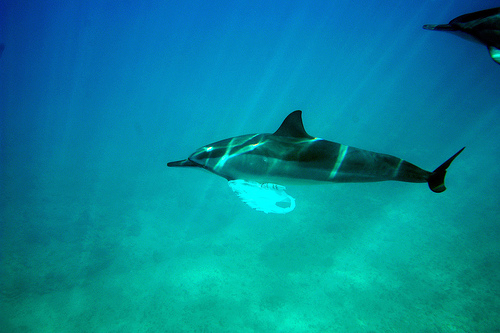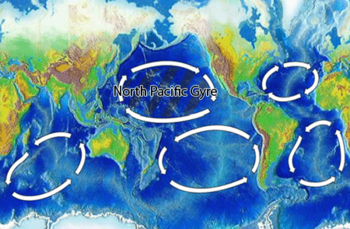About a year ago, Colorado mountain towns Telluride and Aspen competed to see whose residents could consume fewer disposable plastic bags in favor of reusable bags. Over the course of the three-month challenge, the two towns cut back on almost 150,000 disposable plastic bags! The winner of the challenge was Telluride and as a reward they received new solar panels for the local high school. The solar panels come in the form of a grant issued by Alpine Bank.
Dave Allen, who spearheaded the effort with Aspen’s Nathan Ratledge, started contacting members of the Colorado Association of Ski Towns to see if a bigger challenge had yet to be born. Apparently, it was simply a matter of planting the seed and building momentum, because word of this eco-friendly rivalry spread quicker than skiers and boarders can cut first tracks and everyone wanted a shot at reducing their plastic bag consumption. Enter round two of the challenge.
Twenty-five ski towns throughout the Rocky Mountains are participating in the 2009 Colorado Association of Ski Towns (CAST) Reusable Bag Challenge sponsored by Alpine Bank. The contest runs now through September 1st, and the prize is the same (why change what works?)—solar panel energy for a public school in the winning town.
Towns like Durango are organizing their efforts through the towns Rotary youth groups. Bags are tallied every time someone brings in a reusable bag, so if one person brings 5 bags, 5 tallies are counted. What a great way to get an entire community to rally around reducing plastic waste and using reusable shopping bags. Just think of what we could accomplish in a worldwide contest …
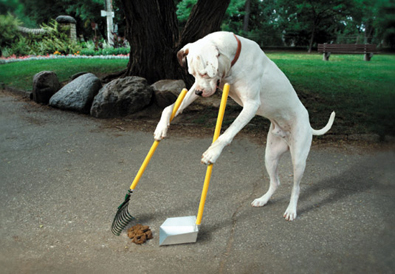 Earlier this week, we were talking about the reasons people defend their plastic bag habit. We listen to the ‘reusable bag chatter’ and can tell you that people tweet about it, blog about it and comment on it almost every day. So what are the top 2 reasons people haven’t made the switch to reusable bags?
Earlier this week, we were talking about the reasons people defend their plastic bag habit. We listen to the ‘reusable bag chatter’ and can tell you that people tweet about it, blog about it and comment on it almost every day. So what are the top 2 reasons people haven’t made the switch to reusable bags?
